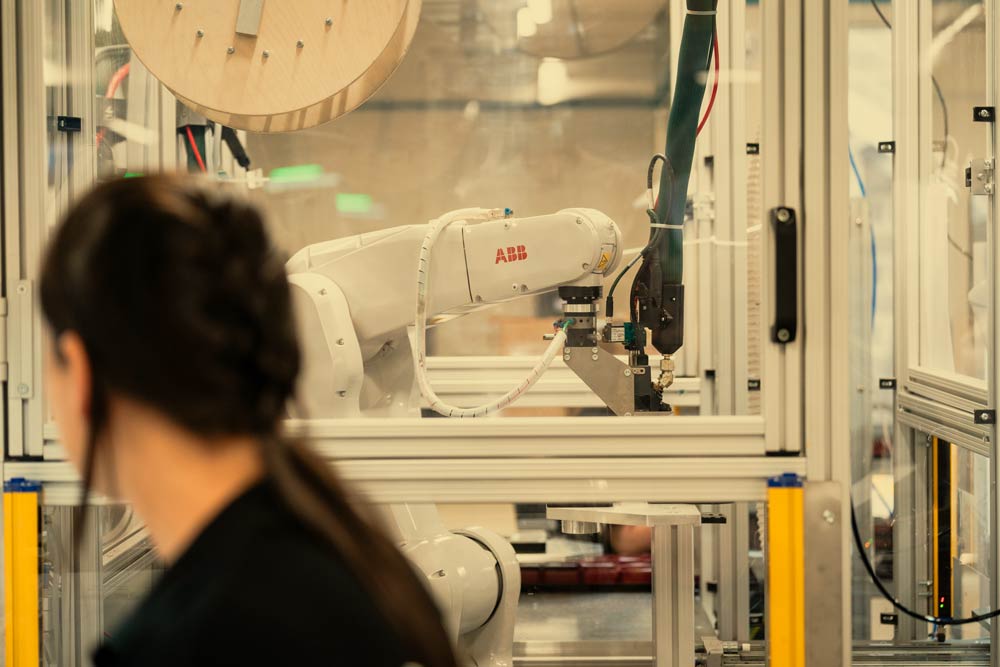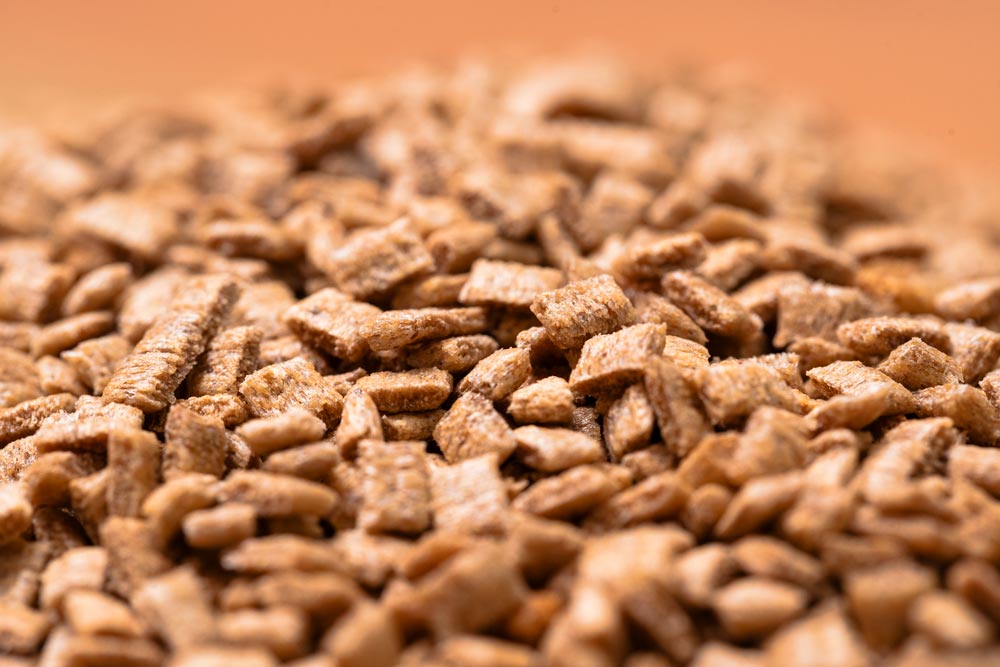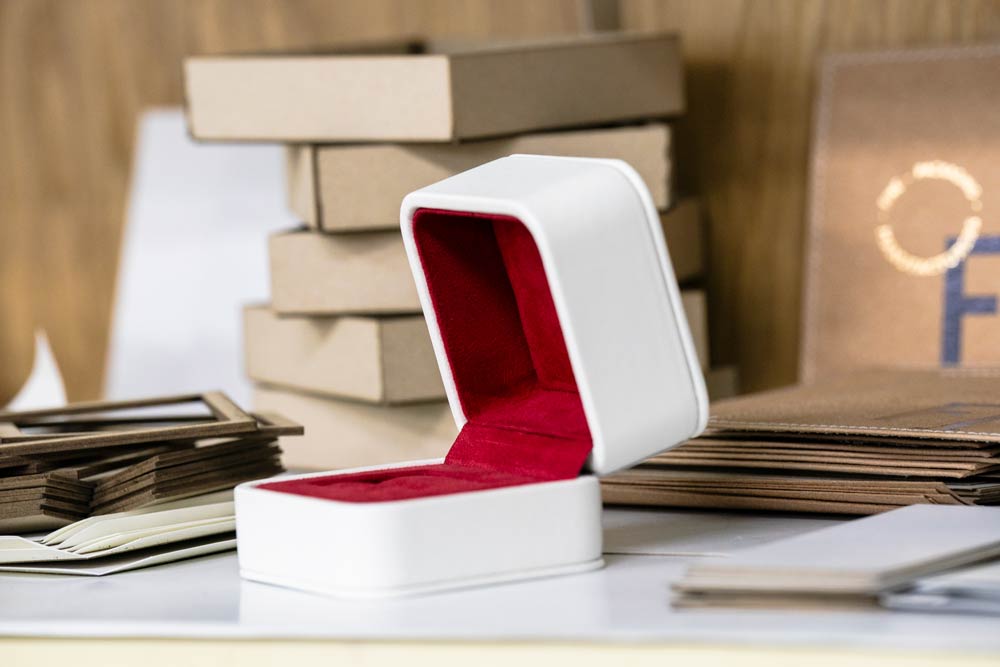Automation

Automation
FPM has developed cutting-edge engineering by building on our artisanal know-how. In order to maintain the extremely high quality standards expected by the most prestigious Houses, we have developed precise programming that adapts to every project, perfectly reproducing our artisans’ traditional craftsmanship without any loss of quality.
Our precision and speed mean we can produce very large printing runs of over a thousand pieces per day. It’s an industrial ballet between our operators’ hands and their machines, choreographed by our engineers’ expertise.
Sourcing

FPM’s know-how covers the whole spectrum of the niche packaging trade.
As part of its eco-conscious design strategies, woodworking and coating require a profound reconsideration of the materials used.
Environmental impact and a love of all things beautiful can work together responsibly.
FPM undertakes its research and development with honesty and pragmatism, keeping in mind the local area, its raw material suppliers, its waste management and its recycling. From better to best.
We are heading away from plastic and fossil fuel byproducts, towards inorganic substances and eventually vegetable matter, all while ensuring our capacity for volume and quality.
We already purposely use FSC-certified wood, produced locally on land that is replanted according to the forest’s optimal life cycles, resulting in effective carbon-sinking trees.
A certified approach on natural-origin fabrics issued from organic farming and/or with high environmental value.
Eco-design

Eco-design
All of FPM’s eco-design strategies are supported by the DIAM Group’s commitments and skills. When dreaming up a product and fine-tuning its design to reduce its environmental impact and highlight its top-quality appearance, one has to review one’s standards. Product weight, material choice, transformation solution, assembly (and disassembly) systems, and fastening systems – everything has to be taken into account from the very beginning of the design phase in order to activate the best artisanal and industrial processes.
The whole value chain is affected, heading towards circular logic according to a product’s Life Cycle Analysis methodology.


